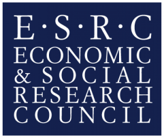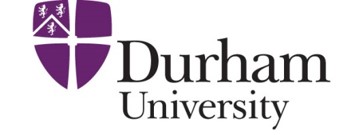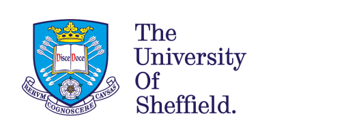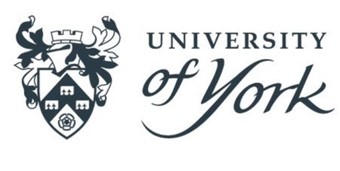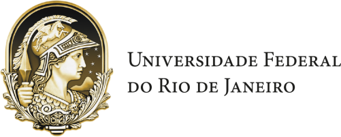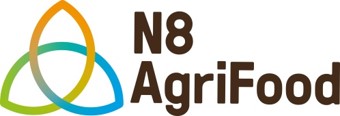Case Studies
There are three case studies we are researching for the project, Rio, Guangzhou, and Johannesburg.
Rio de Janeiro, Brazil
Conflict over environmentally degrading monocultures has led to state and nonstate actors being institutionally engaged in ethical food provisioning systems (Ariztia et al. 2013). Movements of cooperatives and of the solidarity economy are deeply socially embedded and the state has used its procurement power to support family farms and organic production (Kleine and Brightwell 2015). The previous reformist left-wing government, bolstered by a vocal civil society, implemented ethical policies which are coming under stress by economic recession, political and institutional instability.
There is strong public support for state use of environmental and social criteria to build solidarity between consumers and producers (Co-I, Kleine’s, ESRC Choices project). Ethical consumption has taken a political citizenship outlook (Alves and Pereira, 2015; Barbosa et al, 2014; Nespolo et al., 2016; Portilho 2010) with strong resonance in social media (Brazil is the third largest nation of Facebook users in the world (Statista Apr 2017)). However, there is also evidence of the stimulation of ethical consumption by companies and business organisations, with strong investment in advertising (Portilho, 2005) and the individualisation of responsibility on environmental and social issues that were previously within the sphere of the state (Mazetti 2012; Portilho et al. 2011; Silva, Araújo and Santos 2012).
There are high levels of individual ethical consumption with up to 54% of middle-income households purchasing ‘ethically marketed products’ (Akatu 2012). Thus, ethical consumption is a component of a modern and fashionable lifestyle informed by and enacted on social media.
Guangzhou, China
The state has historically been the major actor in modes of food provisioning. Concerns with the effects of pollution on food and damage to the environment are reflected in the 13th 5-year plan. Market-led reforms have created an institutional foodscape dominated by large state-related providers and contracts, and a consumer market mixing transnational/national retailers and traditional wet markets. China is a major exporter and the 4th largest consumer in the world of organic food, with a market valued at €3.7bn in 2015 (Willer and Lernoud 2016). A plurality of competing codes concerning environmental standards and state and business initiatives promise traceability (Klein 2009).
Traditional foods and modes of cultivation, previously derided as anti-modern (Hung 2013) or associated with poverty and backwardness, are being revalorised as authentic and pure (Wu 2014; Park 2014). The scope for non-state actors to pursue policies and collective political campaigns is limited, but there are many market devices, such as traceable barcodes, in the largest online market in the world, where 40% of online shoppers are purchasing food (McKinsey 2015).
Popular concern over food quality shapes food supply debates, reflecting a lack of trust in standards and non-branded products and in many ‘conventional’ food suppliers (Yan 2012). Consumers use digital media to voice concerns (Sirieix et al 2011). Market studies indicate rising consumption of premium brands (McKinsey 2016).
Johannesburg, South Africa
Post-apartheid agribusiness is tasked with addressing social inequalities, but rising food prices have seen the government prioritise food security. Emerging alliances between government, business and unions are evident in consumer campaigns (e.g. Proudly South African promoting local procurement and economic investment, fair labour practices and environmental standards).
Substantial growth of black middle classes (Udjo 2008; Visagie 2013a,b) is opening up nascent ethical markets (Hughes et al 2015). Price and affordability of food is important (McEwan et al. 2015), but changing consumer preferences shaped by growing health and environmental awareness have led to an increased demand for sustainable foods. Major retailers are selling increasing volumes of organic produce.
Status and image are growing in importance as the middle classes expand (Kaus 2013); ethical food consumption is intertwined with aspiration and quality. Civil society organisations use social media, technology and networks of actors in innovative and effective ways to mobilise ethical food consumers (e.g. the Sustainable Seafoods Initiative uses mobile apps to enrol consumers to put pressure on mainstream retailers and restaurants (Hughes et al. 2015)).

